Obama and NATO Allies Signal Support for Ukraine at Wales Summit
In an expected show of solidarity, President Barack Obama, British Prime Minister David Cameron, French President Francois Hollande and other NATO delegates meeting in Wales on Thursday agreed to disagree with Moscow over the ongoing crisis in Ukraine and readied new sanctions against Russia.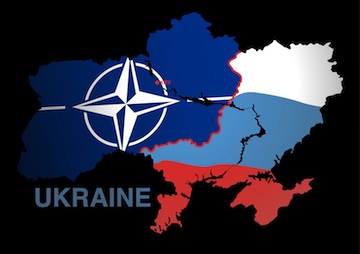 Shutterstock
Shutterstock
In an expected show of solidarity, President Barack Obama, British Prime Minister David Cameron, French President Francois Hollande and other NATO delegates meeting in Wales on Thursday agreed to disagree with Moscow over the ongoing crisis in Ukraine and readied new sanctions against Russia.
Other action items on the group’s agenda for the two-day summit included how to handle the growing menace of the Islamic State, which has threatened to kill British aid worker David Haines after the highly publicized executions of American journalists James Foley and Steven Sotloff, and new outbursts of violence from the Taliban in Afghanistan.
Also read: Obama Calls Russia’s Activity in Ukraine a ‘Brazen Assault’
The BBC sized up the multinational power huddle as it convened — with very special guest Ukrainian President Petro Poroshenko — on Thursday:
The summit is considered Nato’s most important for decades, as leaders faced the question of whether the alliance is equipped to deal with 21st Century challenges.
Nato is expected to approve plans to create a rapid response force composed of several thousand troops from member states, able to deploy within 48 hours.
Moscow’s actions in Ukraine have raised fears among Nato states bordering Russia, including Lithuania, which has a sizeable Russian-speaking minority.
Lithuanian President Dalia Grybauskaite told the BBC that if Nato did not face up to the challenge “sooner or later we will be facing the aggressor near our border, literally”.
[…] In public Nato’s message is one of resolve; full-backing for Ukraine’s sovereignty and territorial integrity combined with strong criticism of Russia’s policies.
But there is another message too – one that is trumpeted less by Western leaders – essentially telling Ukraine that any practical help that Nato may give Kiev will be limited and will be more a prospect for the medium term.
What matters now is to de-escalate the crisis. There will be no Nato weapons or Nato troops. What the alliance is doing is essentially re-emphasising its defence lines on Ukraine’s western border. And if this means that Kiev has to make concessions to Moscow, then so be it.
It was still unclear if Russian President Vladimir Putin was going to follow through on a cease-fire plan for Ukraine that the Kremlin had hinted about earlier in the week but later appeared to abandon, as participating in such an agreement would be tantamount to acknowledging an active role in the clash between pro-Russian separatists and Ukrainian troops.
–Posted by Kasia Anderson
Your support matters…Independent journalism is under threat and overshadowed by heavily funded mainstream media.
You can help level the playing field. Become a member.
Your tax-deductible contribution keeps us digging beneath the headlines to give you thought-provoking, investigative reporting and analysis that unearths what's really happening- without compromise.
Give today to support our courageous, independent journalists.
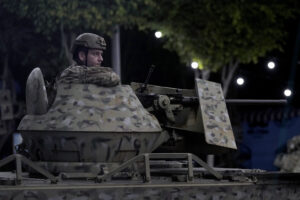
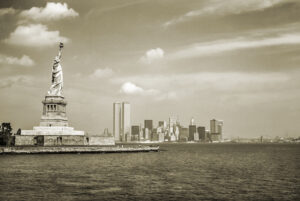
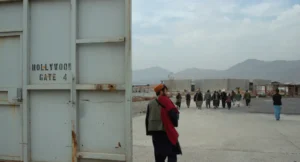
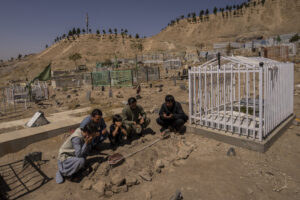




You need to be a supporter to comment.
There are currently no responses to this article.
Be the first to respond.